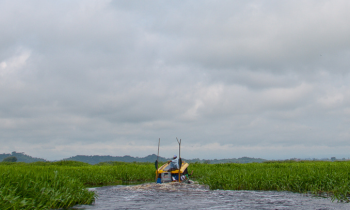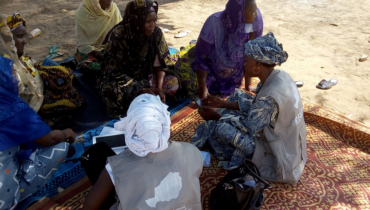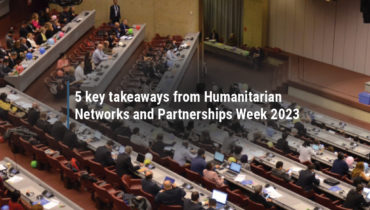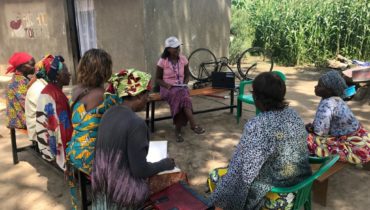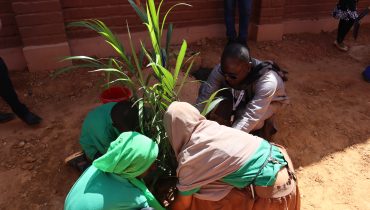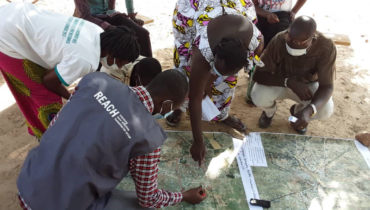Niger: Are accountability mechanisms functioning in the Diffa region?
23 October 2017
For the past two years, the Diffa region in south-east Niger has been affected by recurrent attacks by armed groups. Despite the efforts made to stabilise the security situation in Diffa and the broader Lake Chad region, these attacks continue to cause large displacement and negatively impact on the security, socio-political and economic situation in the affected region. As shown by REACH baseline assessment of the situation in Diffa, displaced populations in Diffa are extremely vulnerable to protection issues and struggle to access basic services. By providing channels through which affected populations can report their concerns or communicate their suggestions, accountability mechanisms represent an important mean for humanitarian actors to identify and effectively address issues affecting their beneficiaries.
REACH, in partnership with the Protection Working Group in Diffa and UNHCR, conducted an assessment of the accountability mechanisms available to refugees and internally displaced persons (IDPs) to evaluate the existence and functionality of such mechanisms in Diffa. Information was collected in May/June 2017, across 147 displacement sites through interviews with 392 Key Informants, representing 181 refugee communities and 235 IDP communities.
The results highlight that there is a relatively high number of accountability mechanisms available to the displaced population in the Diffa region, with only a small minority of sites reporting a complete absence. Despite their widespread prevalence, however, accountability mechanisms are rarely used by the population and, when activated, they tend to have a limited impact on the situation of affected communities. This is true for both the IDP and refugee communities. The limited usage of accountability mechanisms is due to a lack of knowledge about the existence and functioning of such mechanisms. The vast majority of the assessed communities don’t know how to address complaints in case of a lack of access or discontent over the provision of basic services. Yet, the study also shows that when affected communities are aware of the existence and functioning of accountability mechanisms, they actually use them in most cases. Furthermore, while suggestions and complaints raised are taken into consideration in the majority of cases, they often do not result in an improvement of the situation reported.
In order to strengthen the impact of accountability mechanisms, community leaders stressed the need to raise awareness around their existence and functionality, while developing more inclusive decision-making processes which take into greater account the perspective of displaced communities. In parallel, it was also highlighted that new mechanisms should be put in place, such as committees to manage the complaints.
Further assessment activities will be conducted by REACH in collaboration with UNHCR and the Diffa Protection Working Group before the end of the year, in order to support evidence-based responses to protection needs and vulnerabilities of affected populations in the Diffa region.
Access more detailed findings in the Assessment of Accountability Mechanisms Existing in Diffa Displacement Sites Report at this link.





